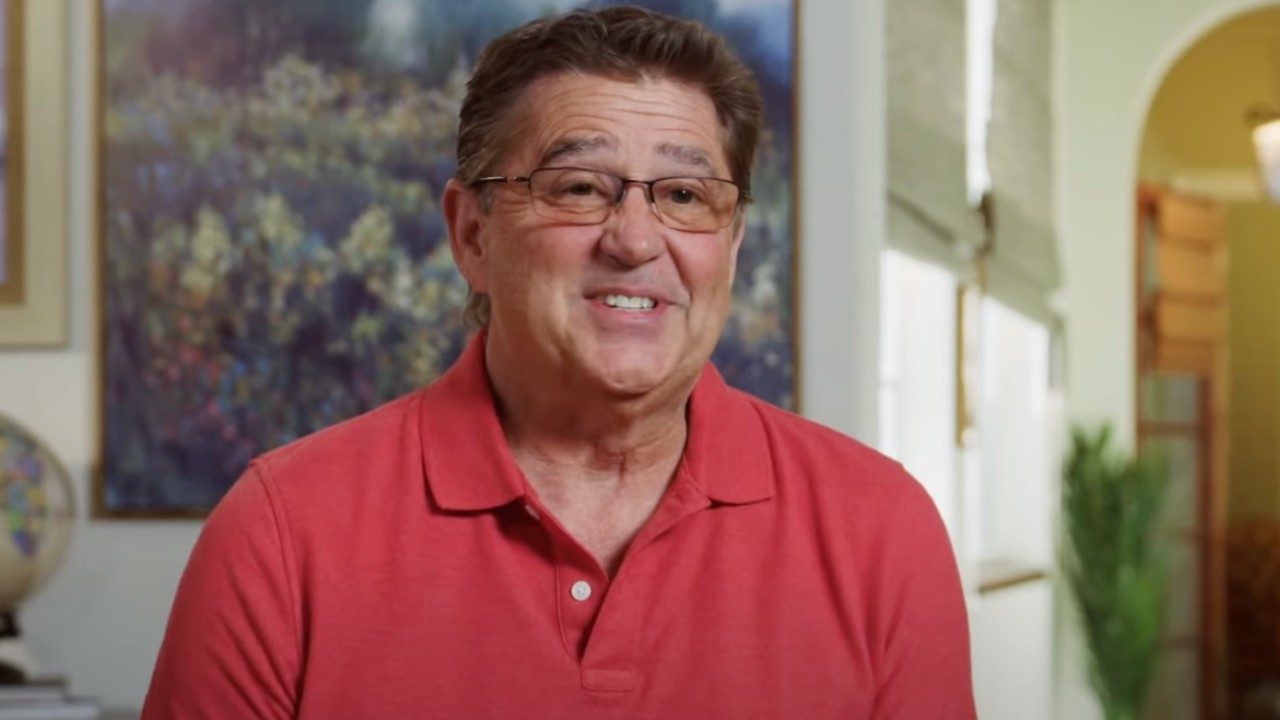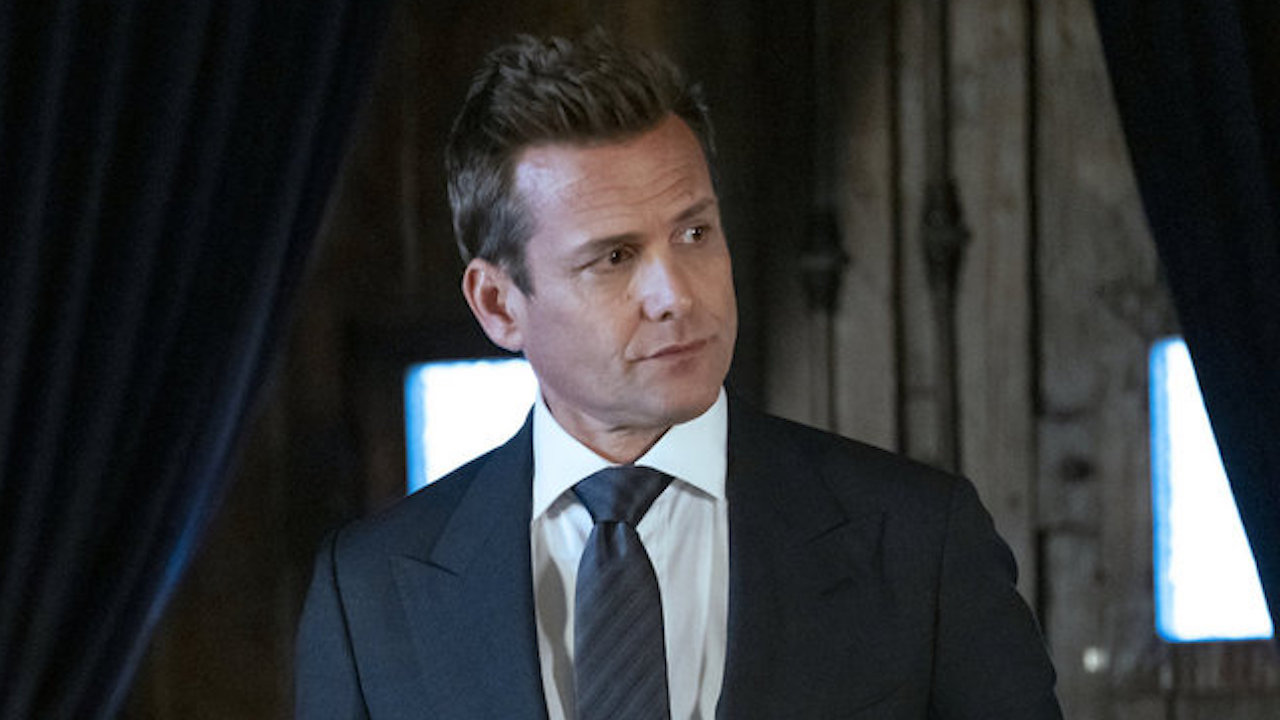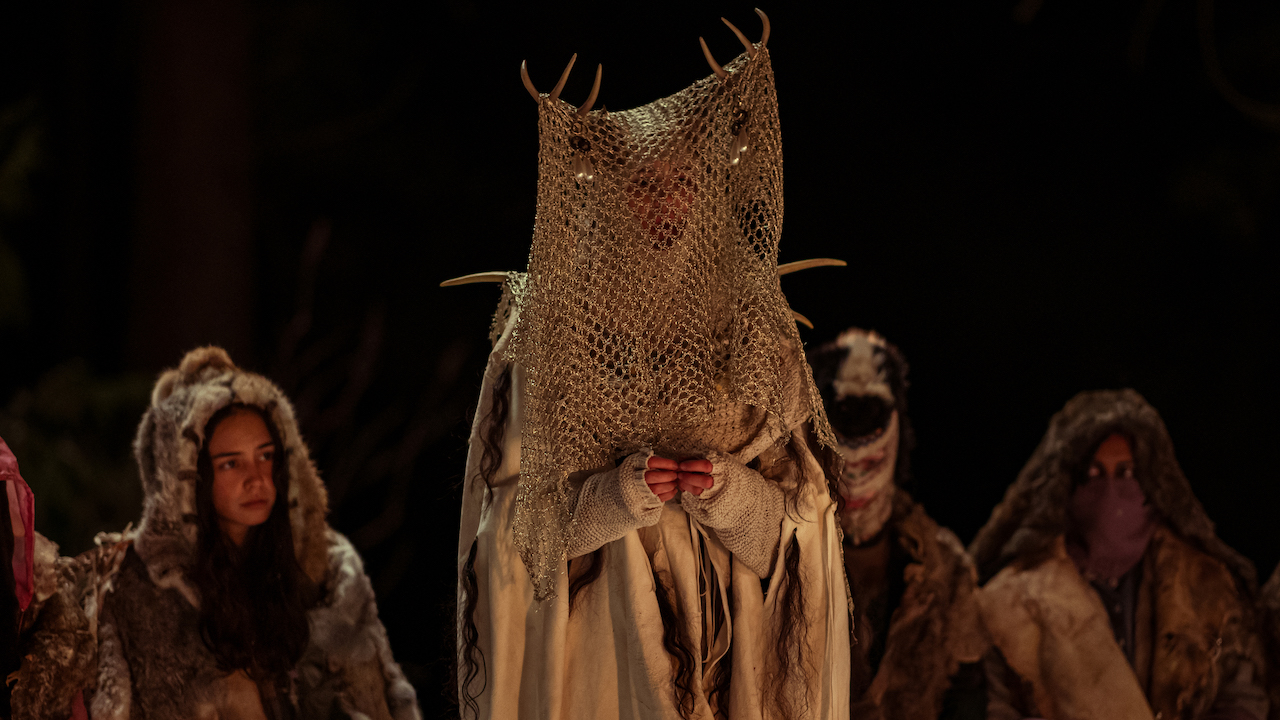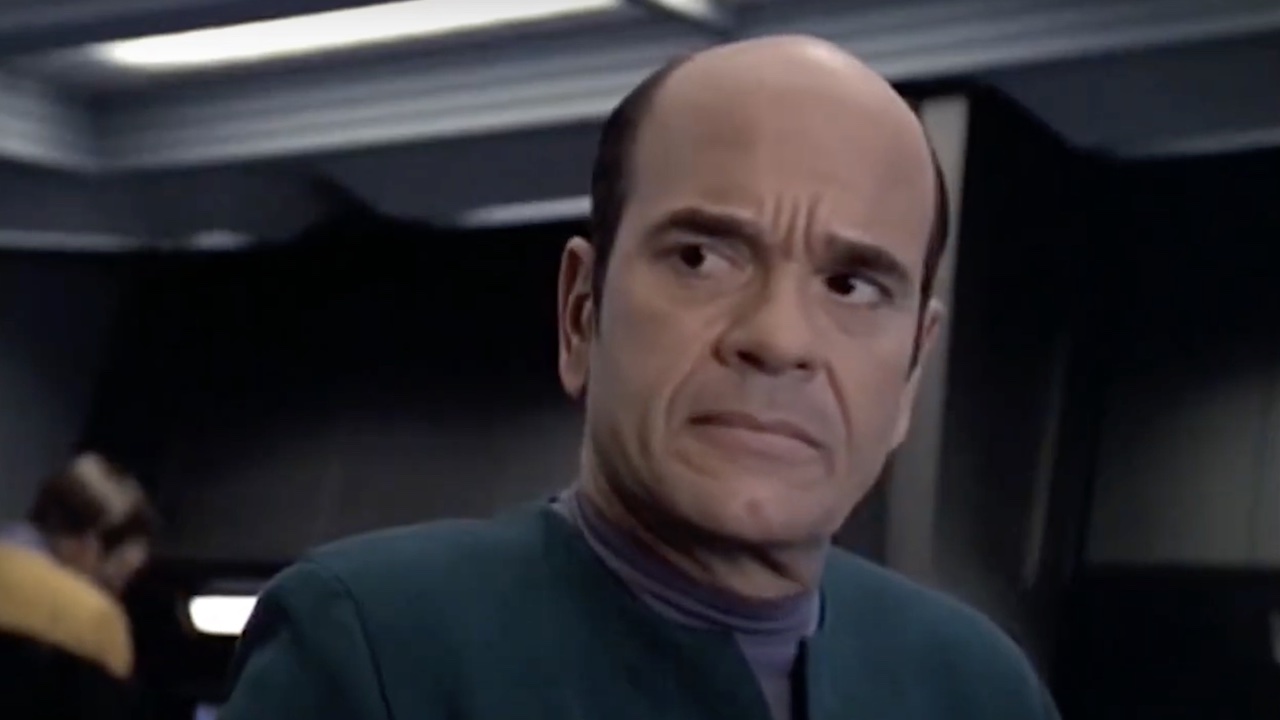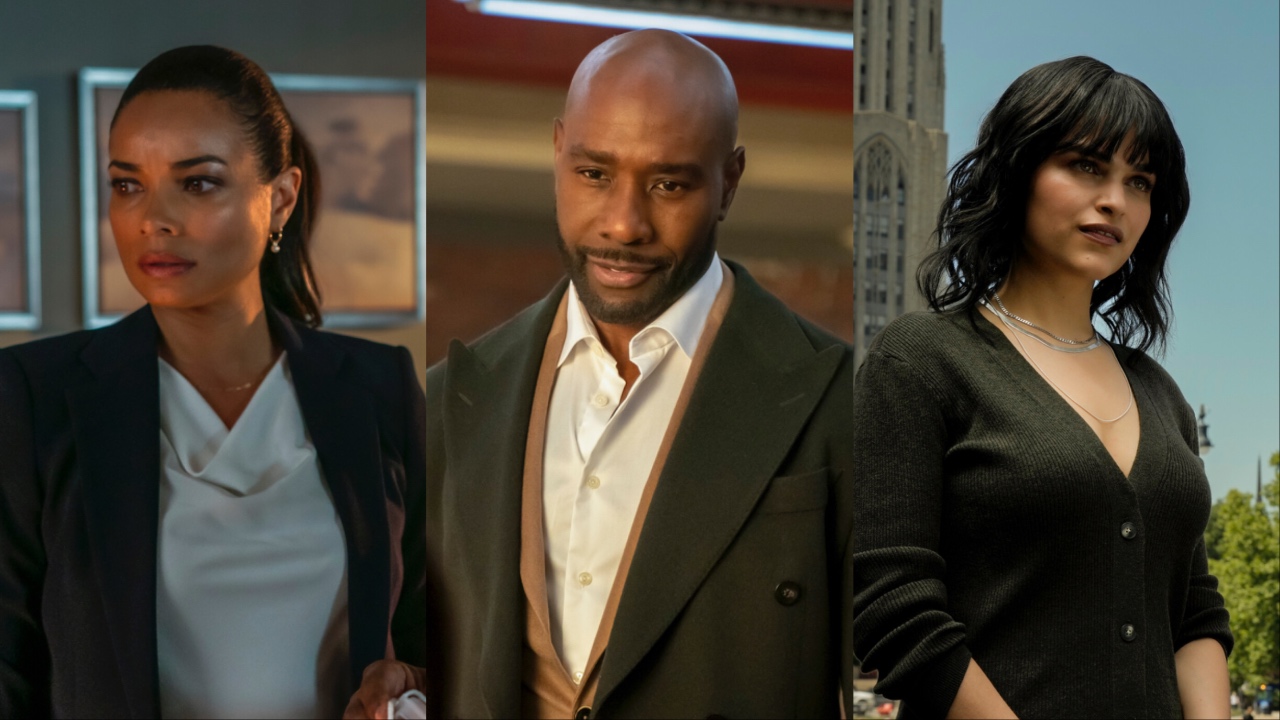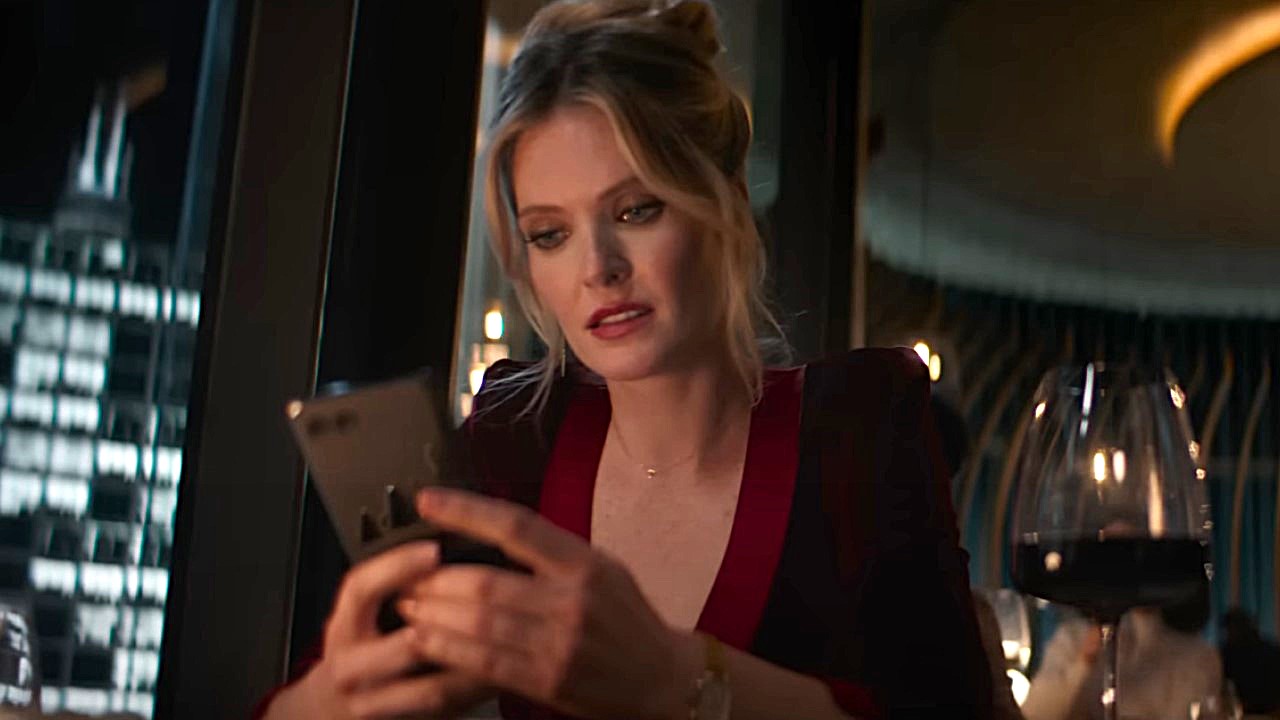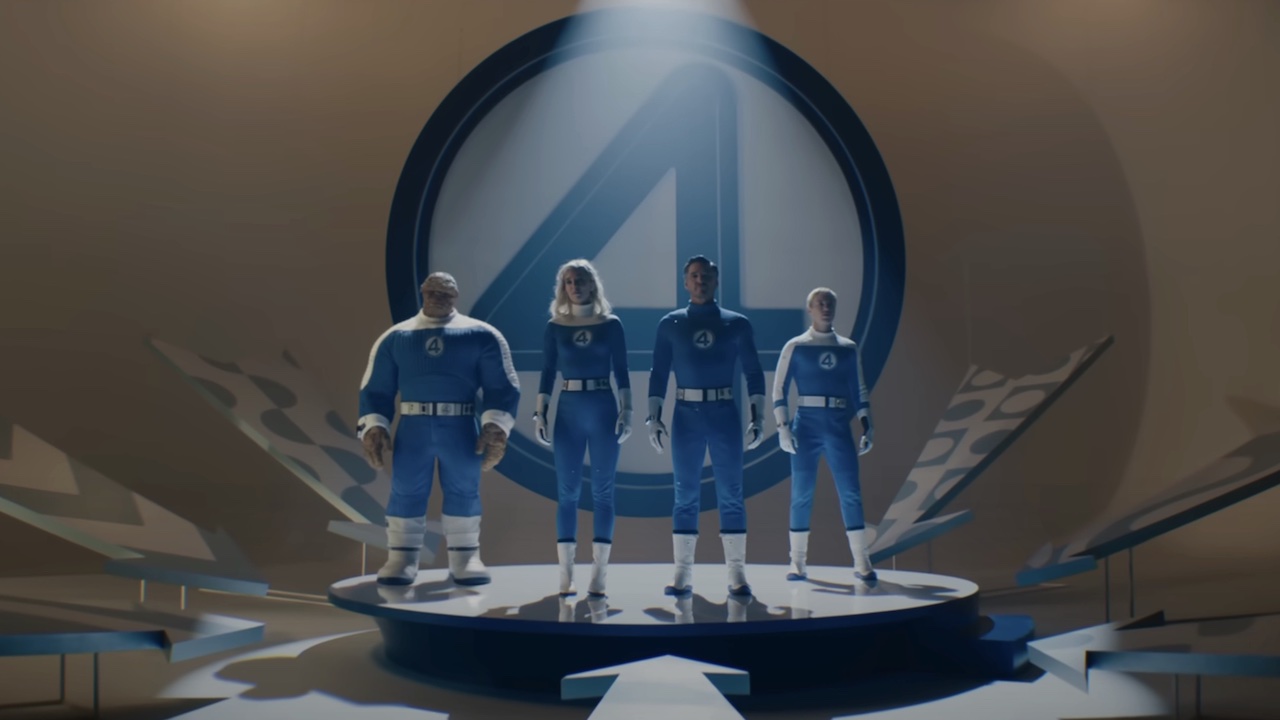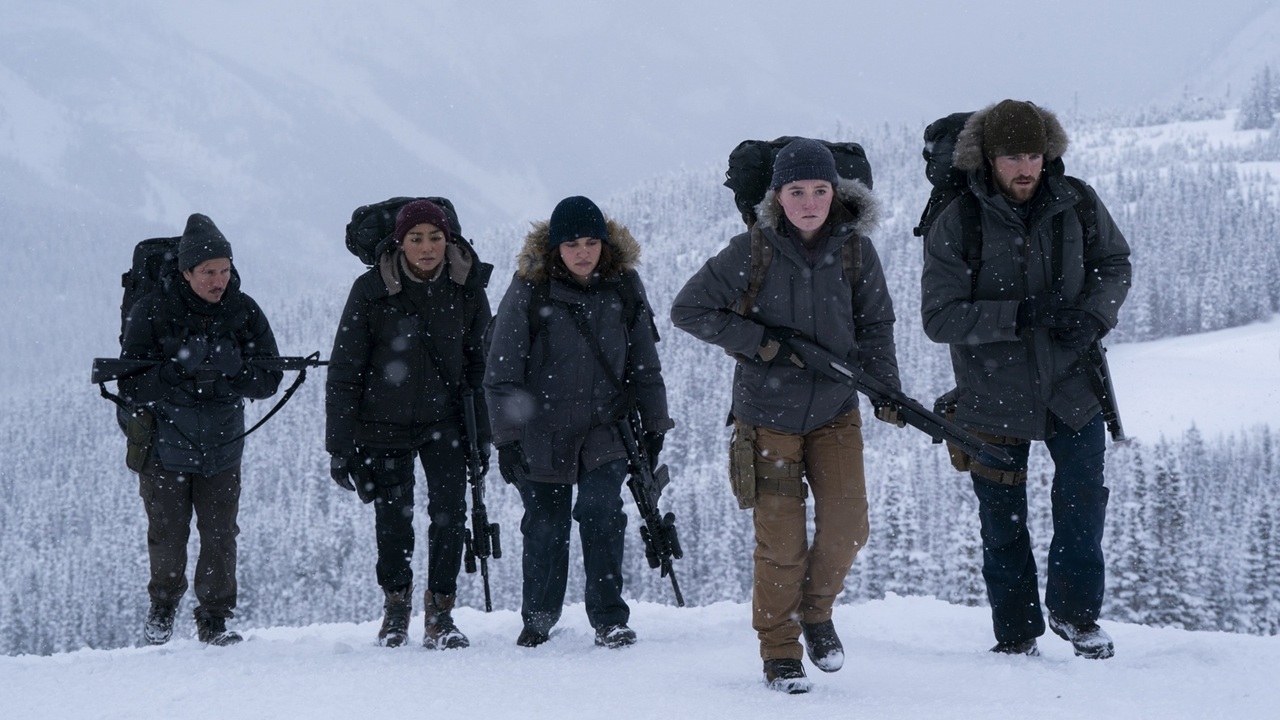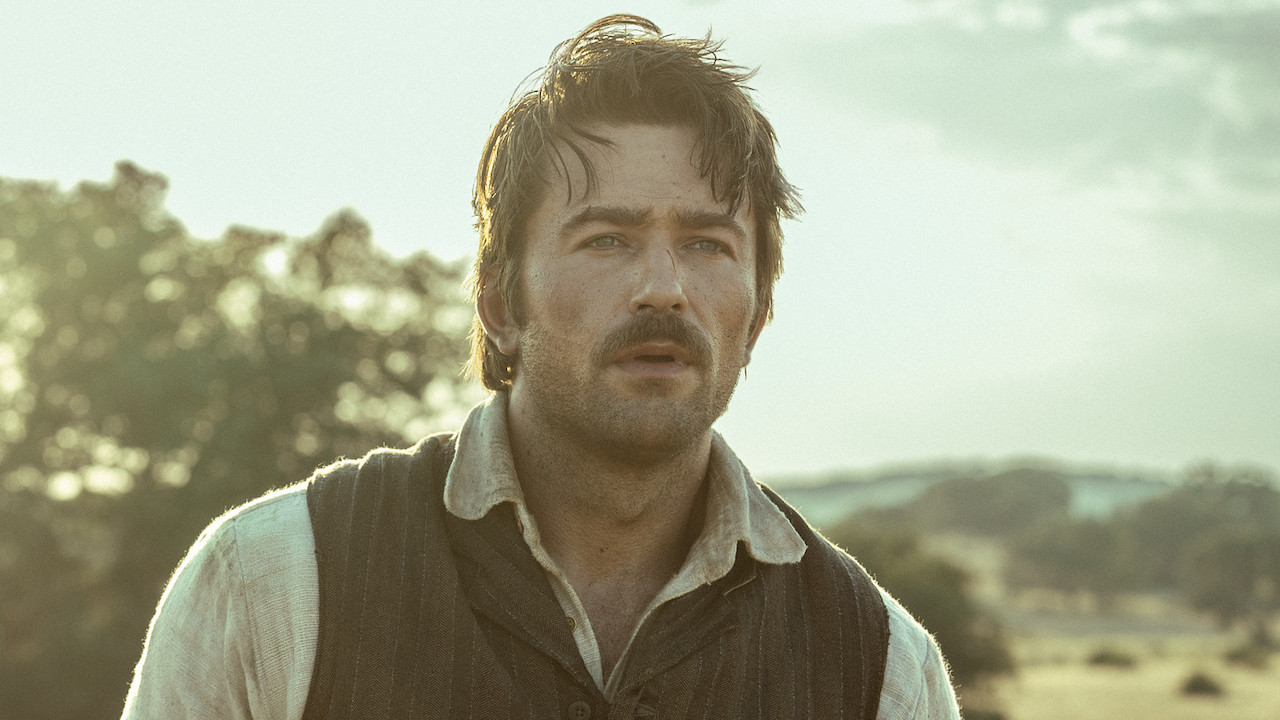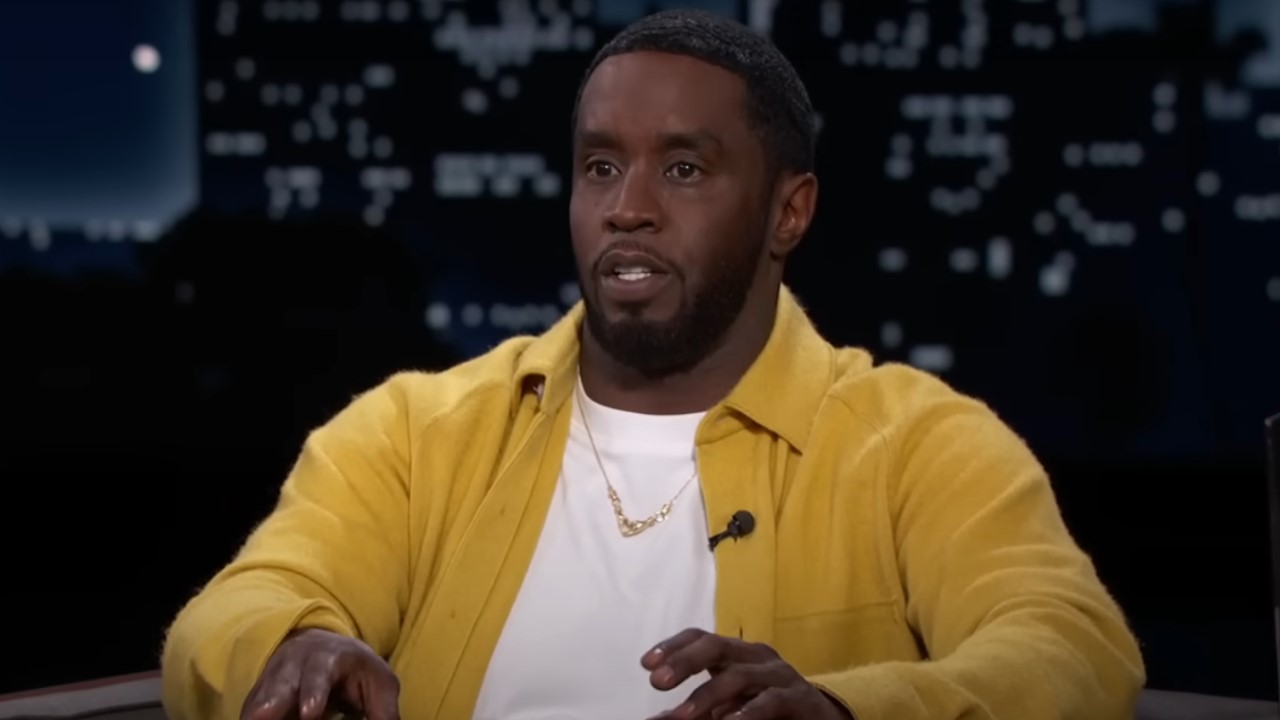HBO's The Last Of Us Creators Explain Why They Made Big Changes To Bill And Frank's Story For TV
As solid an explanation as one could hope for.
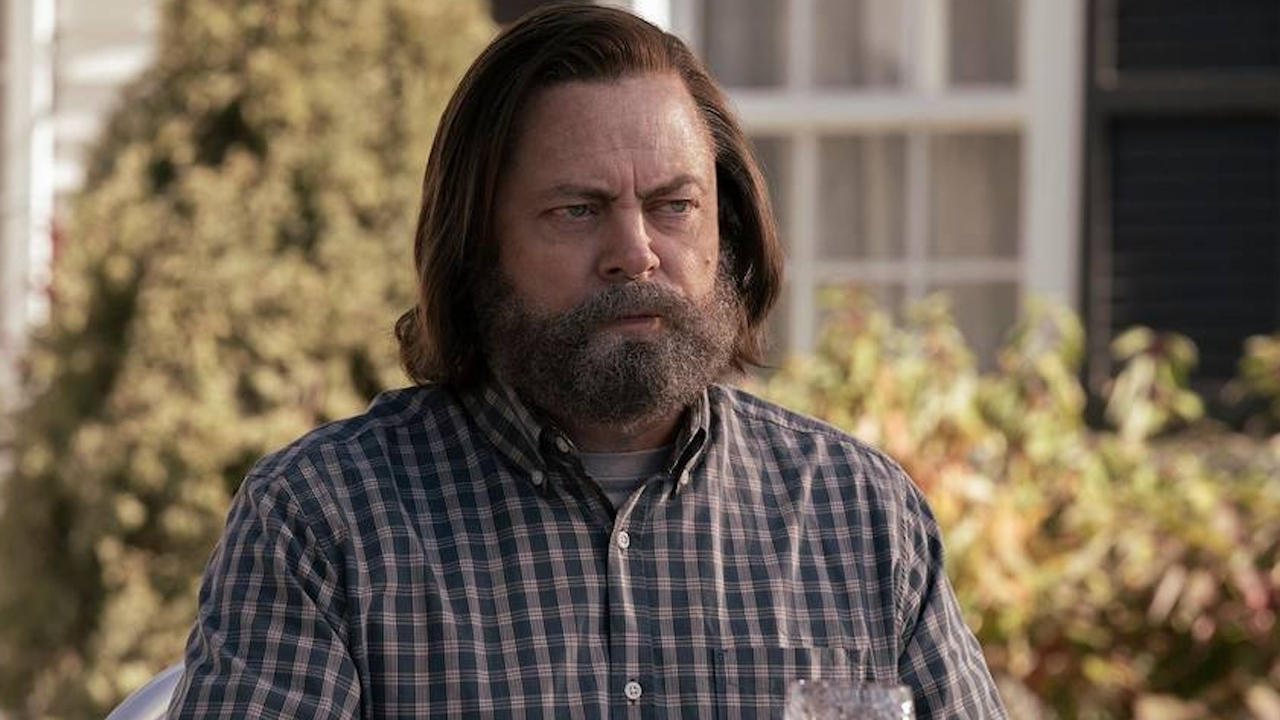
Major spoilers below for the third episode of HBO’s The Last of Us, so be warned if you haven’t yet watched!
With The Last of Us’ first two episodes, co-creators Craig Mazin and Neil Druckmann displayed their willingness and eagerness to shake up the video game’s storyline for the jump to live-action, and in doing so have delivered an adaptation that will likely stand out from any other upcoming video game projects. But the third episode really proved how masterfully such alterations could be implemented, as it delivered a fully fleshed-out exploration for the character Bill and his “partner” Frank, with Nick Offerman and Murray Bartlett anchoring the surprising and emotionally poignant installment.
Related: 12 Jordan Peele Movies And TV Shows And Where To Watch Them
Mazin and Druckmann talked with CinemaBlend and other press outlets ahead of The Last of Us’ premiere, where they were asked about the decision to change up and expand Bill’s story for the HBO series, as well as giving audiences a living and breathing version of Frank. Druckmann started the answer, explaining how the video game brings Bill into the story after Joel gets caught in one of the former’s traps, leading to a hectic fight for survival. The game’s director and co-writer continued, saying:
That's how you kind of start building a connection with him, and you're surviving this action sequence with him. And get hints about who he is, as a person, his background, the fact that he created a safe town. He's just kind of a fascinating survivalist character that, I think a lesser adaptation would have looked at that sequence be like, 'Okay, let's have an action-filled episode where we have that set piece moment.' But instead, Craig very smartly - and I think this was indicative of the philosophy we took on the show - said, 'What if we don't do any of that action stuff, and instead focus on this relationship that's hinted at over here?' There's a lot to mine there, as far as this very personal drama that ultimately shows another version of love in this world, and eventually reflects back onto Joel and Ellie, and shows what they have to gain and what they have to lose by exploring that relationship further.
HBO’s The Last of Us added loads of character depth to Bill that the video game couldn’t get into very much, with a hard confirmation about Bill and Frank’s relationship as lovers that was only hinted at in the video game. Not to mention the fact that Frank never uttered a word in the source material, with his only personal input coming through a very final piece of written correspondence. But the show gave the two characters a far bigger and more meaningful story that, as Druckmann put it, can serve as a beacon of hope (albeit a macabre kind of hope) for Joel and Ellie, while also showing that not everyone’s experiences in the post-apocalypse were as wild and unwieldy as others.
Druckmann believes going a more personal and introspective route with Bill’s story was the smart move, as opposed to leaning into the violence, though he doesn’t think that would be the go-to approach for others attempting to adapt such a tale. In his words:
So again, it prioritized characters over action. and over, in my opinion, superficial things that in the past, these game adaptations have gotten wrong. Where they're trying to show gameplay in a passive medium, where it's like, 'No, this works really great over here [in video games]. It's not going to work over here [on TV].'
At least everyone bringing the Tetris movie to streaming isn't trying to make a movie about falling blocks. For now, anyway.
CINEMABLEND NEWSLETTER
Your Daily Blend of Entertainment News
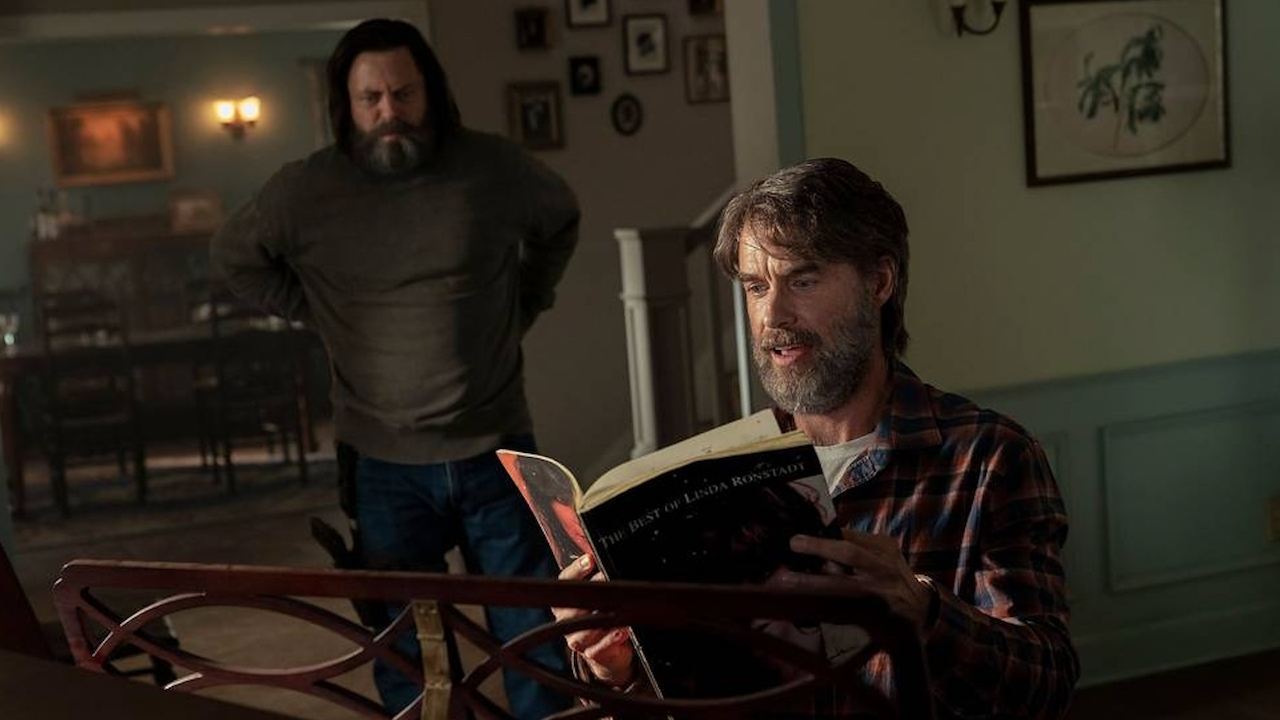
The 'Simple' Bill Detail That Inspired Craig Mazin The Most
Craig Mazin was the spearheader when it came to building up Bill and Frank's story for HBO's The Last of Us, and explained that it was a rather simple idea that kicked off the train of thought that amounted to Episode 103. Here's how he put it:
Any change that I ever proposed, anything I wrote that was different from the game was always in some way inspired by the game. The thing that inspired me from the Bill section was this simple fact: he's safe. No one else in the world is really safe, maybe until we get to Jackson. But in this first part of the game, he's unique. He's created an oasis for himself. And I just started thinking, what does it mean to be safe? Is that the point? And then what happens if you're alone, and you've managed to successfully just reduce your world down to yourself, and then someone else comes in? What we could do is something that they couldn't do in the game, because they were on Joel and Ellie's perspective. But we can do different perspectives, and the promise of what happened with Frank was so interesting to me.
Though some of the ire and irritation that was present in the game's Bill and Frank was brought into the TV show, it was obviously far more nuanced and tied into their specific characteristics, and was merely a note within their shared symphony, as opposed to being the main factor. And really, considering Bill is presumably one of the rare prepared survivors who was able to live comfortable after cordyceps destroyed the world, it makes sense that Nick Offerman's iteration wouldn't be that grumpy. He might not be the most personable Casanova, but he can bring it out when necessary.
Craig Mazin also explained that spending a longer stretch on Bill and Frank's story allowed the series to give viewers a temorary respite following the heartbreaking deaths in the earlier eps, from the murder of Joel's daughter Sarah in the premiere to the altered, but still fatal, sacrifice made by Tess in Episode 102. He continued:
We did take it in a very different direction, but I loved taking a breath. I mean, the first episode and the second episode are very tense. A lot happens; there's tragedy. And then we need a moment to just breathe, and experience something that's actually successful. And that's Bill and Frank. Regardless of the the details of how it arises and concludes, they kind of win. And this is also then where we begin to see Joel and Ellie becoming 'Joel and Ellie.' And it just felt like the right thing to do. Sometimes all you have are your instincts, and this is where they led us. You know, across the board, people really responded, and that's just been very, very satisfying.
While the changes made from The Last of Us' critically acclaimed video game likely won't please everyone who watched, the creative team felt like it was the right move to make, and I'm in agreement with them. Sure, there may have been other ways to expand Bill and Frank's history through the A+ acting talents of Offerman and Bartlett, but those ideas didn't make it past the finish line.
To that end, Neil Druckmann capped off that point by speaking quite highly about how he felt about Mazin's ideas for these characters, saying:
Just to talk a little bit more philosophy of what our approach was like, in my mind. How big of a deviation we make, has to be proportional to how good that deviation is. That Craig pitch was so beautiful and it, to me, spoke so well to the themes of the story, that it was a no-brainer to go down this road.
If this was a more traditional "zombie" show, there'd be a joke to make about everything being a no-brainer in this world. But that's not the case, so let's all pretend I didn't bring it up to begin with. Just like I'm pretending that last shot of the episode wasn't proof of Bill's death, and that he was just fine, watching from the window out of the shot.
With more differences and deviations to come throughout the rest of its first season, as well as the recently renewed second season. The Last of Us drops new episodes on HBO every Sunday night at 9:00 p.m. ET, with streaming available at the same time for those with HBO Max subscriptions. Head to our 2023 TV premiere schedule to see what else is hitting the small screen for the rest of the year, assuming we can avoid any and all grain-based outbreaks.

Nick is a Cajun Country native and an Assistant Managing Editor with a focus on TV and features. His humble origin story with CinemaBlend began all the way back in the pre-streaming era, circa 2009, as a freelancing DVD reviewer and TV recapper. Nick leapfrogged over to the small screen to cover more and more television news and interviews, eventually taking over the section for the current era and covering topics like Yellowstone, The Walking Dead and horror. Born in Louisiana and currently living in Texas — Who Dat Nation over America’s Team all day, all night — Nick spent several years in the hospitality industry, and also worked as a 911 operator. If you ever happened to hear his music or read his comics/short stories, you have his sympathy.
